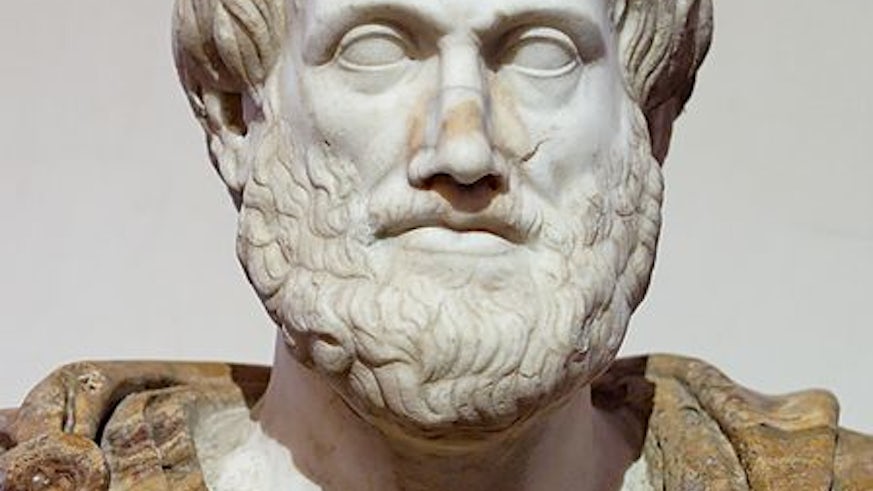Science Café talks Aristotle
10 October 2016

Cardiff University academics contribute to BBC Radio Wales’ Science Cafe
Cardiff University philosophers Dr Stephanie Rennick and Dr Jonathan Webber are among the guests discussing one of the world’s most influential thinkers on BBC Radio Wales’ Science Café.
Tutor to Alexander the Great and student of Plato, Aristotle (384-322 BC) became founder of his own school, the Lyceum in classical Greece. He has become one of the most significant thinkers in history through his legacy of lectures on subjects ranging from biology to theatre, from logic to politics.
In the round table discussion, Dr Rennick and Dr Webber of the University’s School of English, Communication and Philosophy explain the importance of logic and biology — the two sciences he is thought to have invented — to his understanding of how the world works and his ethical theory of the best way to live.
Examining what an Ancient Greek philosopher and scientist can offer to the sciences of the early twenty-first century, the academic behind the Epicurean Cure Dr Rennick argues that theories of time travel have much to learn from Aristotle’s logic and metaphysics.
President of the British Society for Ethical Theory, Dr Webber takes a different strand: “A range of findings in social psychology can usefully be understood through Aristotle’s thought about human motivation and behaviour. Such as the ways that our attitudes, values, and goals become what Aristotle famously called ‘second nature”.
Science Café is on BBC Radio Wales on Tuesday 11th October at 6.30pm [repeated 16 October 6.30am and on IPlayer for 30 days from initial broadcast ].
